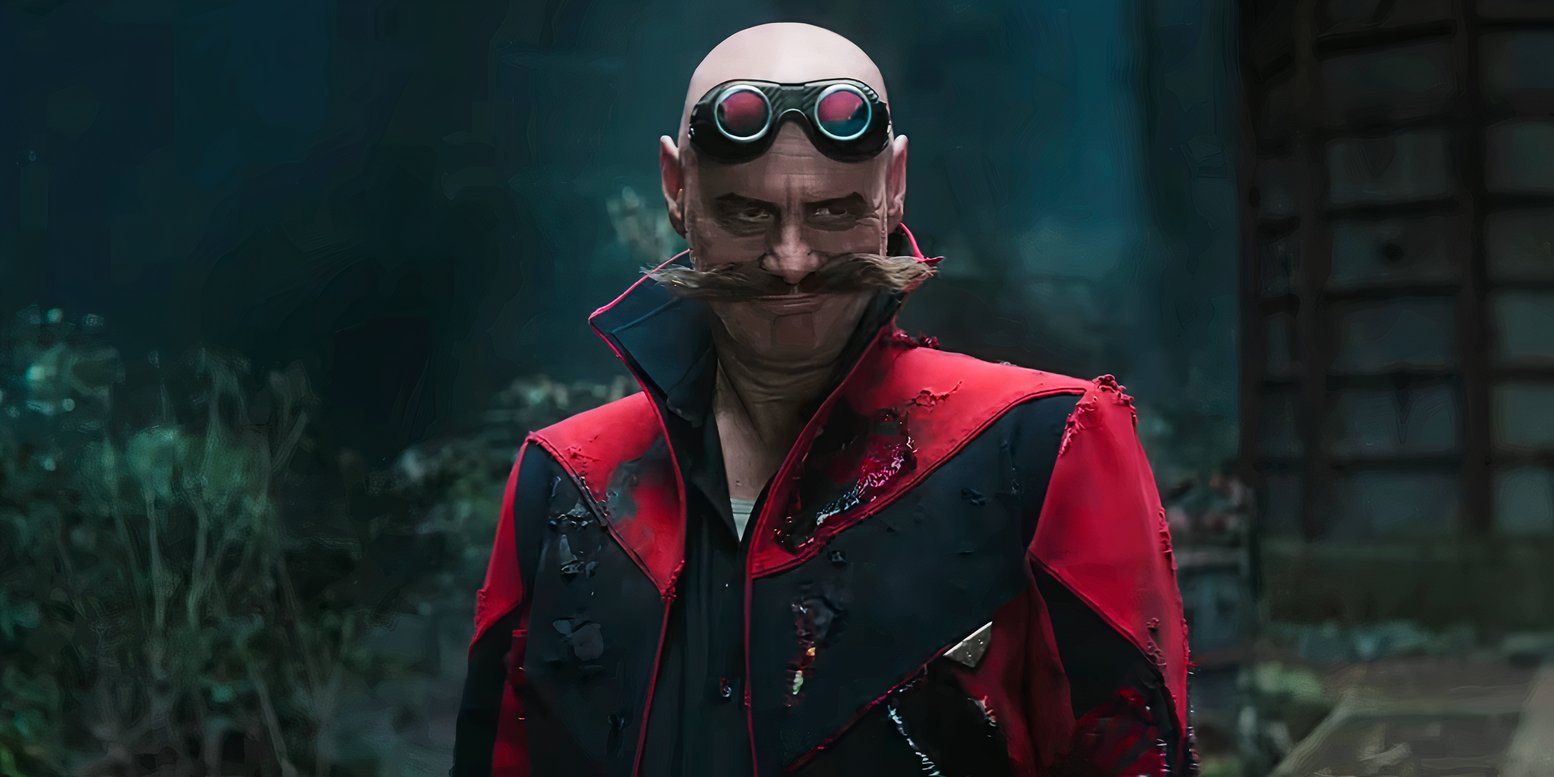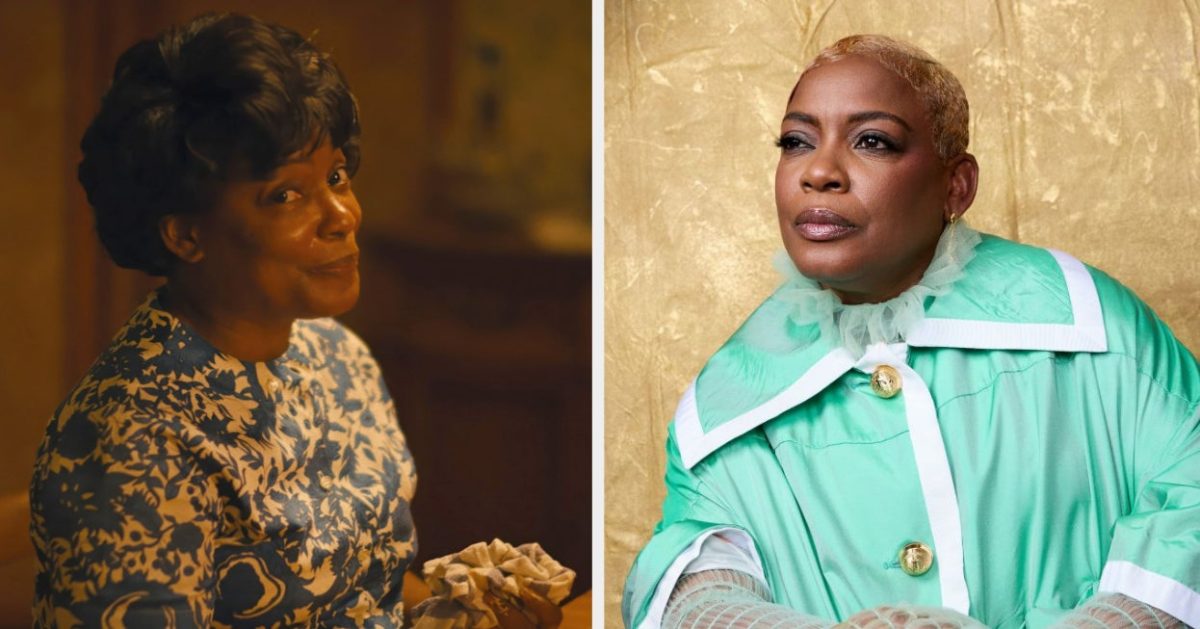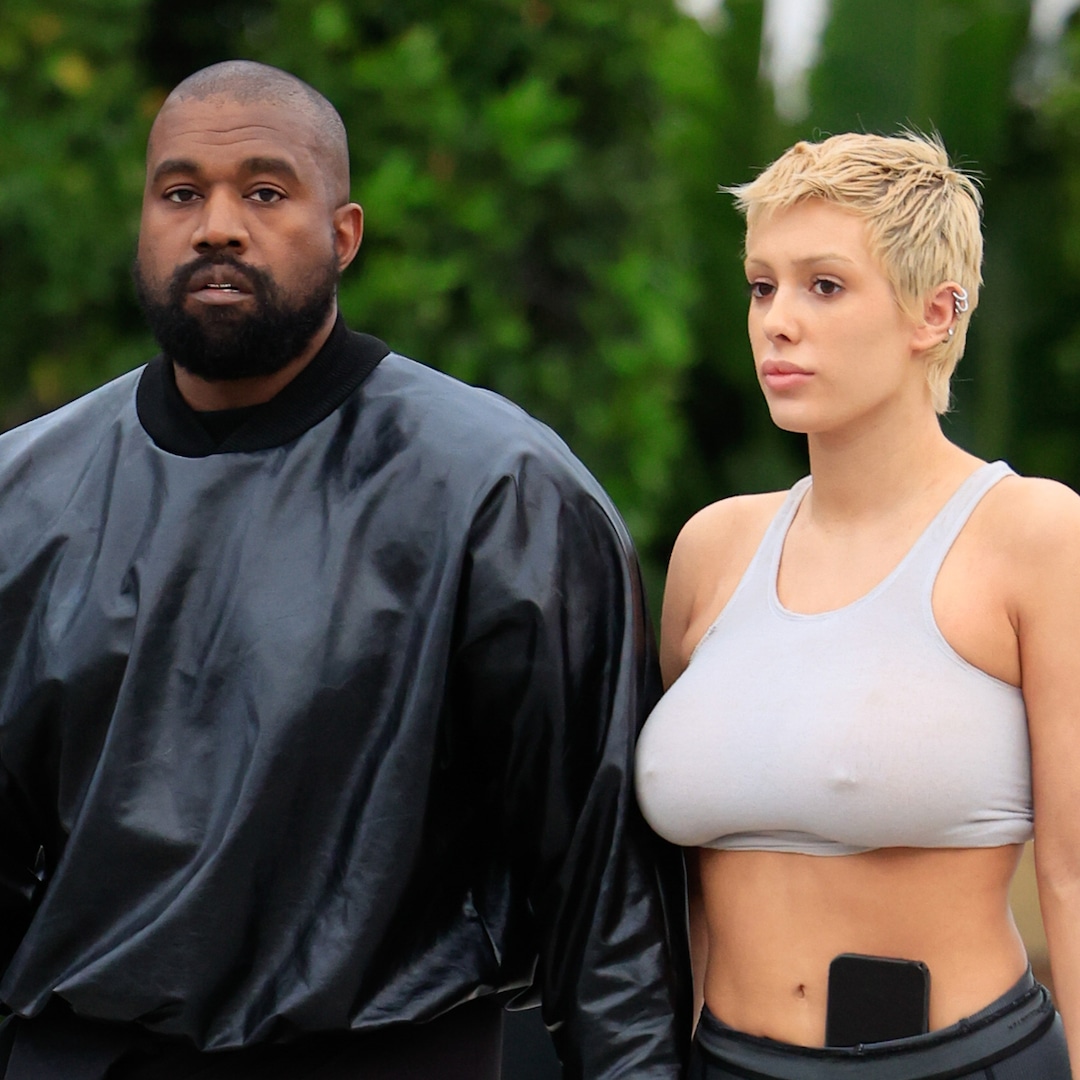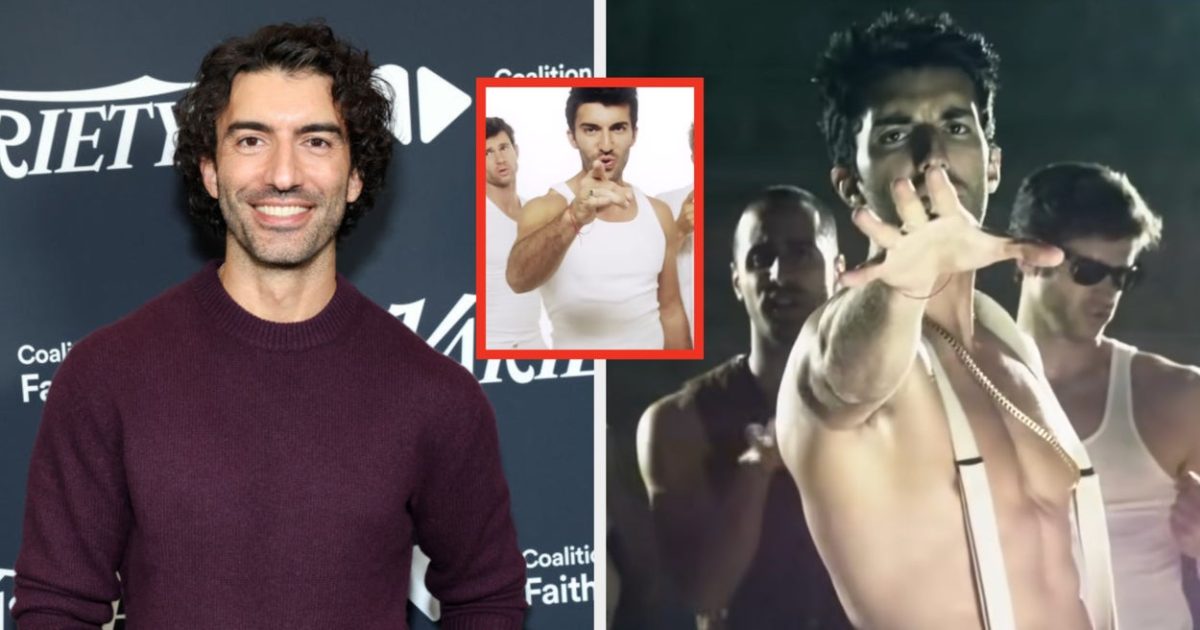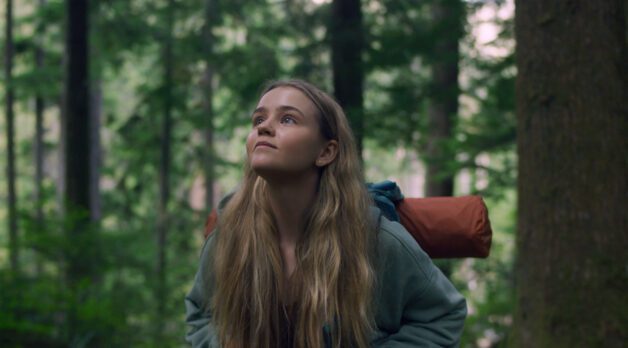
“Tell the Story That’s on the Page Thoughtfully and Compassionately”: DP Nathan M. Miller on Penelope
Jan 24, 2024
Still from Penelope. Courtesy of Sundance Institute. Photo by Nathan M. Miller.
Mel Eslyn, the head of Duplass Brothers Productions and the director of TIFF 2022 premiere Biosphere, makes her first directorial foray into episodic television with Penelope. Penelope tells the story of an alienated 16-year-old girl who venture into the wilderness to escape from society.
Nathan M. Miller, who served as cinematographer on Eslyn’s Biosphere and has worked on several other Duplass Brothers productions, took on the job again for Penelope. Below, he emphasizes the series’ naturalist aesthetic and no-frills approach to lighting.
See all responses to our annual Sundance cinematographer interviews here.
Filmmaker: How and why did you wind up being the cinematographer of your film? What were the factors and attributes that led to your being hired for this job?
Miller: Penelope is a Duplass Brothers production. I’ve shot several features for them over the years. Mel Eslyn is the showrunner, who I have known since we both got started in the Seattle film scene many years ago. There’s a reason they keep asking me to be a part of what they’re doing, but you’d have to ask them why. I remain very pleased that they do, though.
Another answer, a boring one, but a practical one, is that this was a union show and I can work locally in Seattle. And I’ve worked with a lot of our Seattle-based crew many, many times and hope to do so for many years to come.
Filmmaker: What were your artistic goals on this film, and how did you realize them? How did you want your cinematography to enhance the film’s storytelling and treatment of its characters?
Miller: There are no lofty goals I set for myself. You just need to keep your objectives simple—tell the story that’s on the page thoughtfully and compassionately. I prefer a style that feels more organic, as opposed to anything that attempts to approach perfection, be it lighting or framing. Everything, technically speaking, can always be better, and if you let that weigh you down, a lot of the time you forget what’s best for the story.
For the majority of Penelope, we are alone with our main character, with very little dialogue. Visually, we had to express what she was feeling and thinking. I love the following shots of the Dardenne brothers. Those handheld over-the-shoulders that put you as close to being in the perspective of the character as you can get without doing a jarring POV. I can’t get enough of it. And then you cut to the face for those emotional moments that really matter. Penelope is constantly on the move in her journey, so I was able to satiate my love of these shots quite a bit on this project.
Filmmaker: Were there any specific influences on your cinematography, whether they be other films, or visual art, of photography, or something else?
Miller: We didn’t have any particular films that were heavy influences on Penelope. Having said that, I consistently reference the work that Stéphane Fontaine has done with Jacques Audiard. Mel and I even had moments when we felt we had covered the scene appropriately when I was allowed to “Fontaine”—we had it on the shot list this way—which basically meant single camera, handheld floating around Penelope, extremely close with a wide lens, and let the actor’s movements motivate the shot.
Filmmaker: What were the biggest challenges posed by production to those goals?
Miller: Perhaps it’s cliche, but the budget is always a problem. Consistently it feels like you are trying to do a lot with a little. I try not to make that a crutch though, so I embrace it. I like to move fast, so the fewer toys you have, the quicker you move, which just means you need to plan it all out with as much detail as possible, but with the knowledge that it is going to change. We had a plan, but it was open to modification by what we found on the day. You have to be open to a fluid creative process.
Filmmaker: What camera did you shoot on? Why did you choose the camera that you did? What lenses did you use?
Miller: We shot on the Arri Alexa Mini LF. The Alexa just consistently gives you a beautiful image to work with. Another consideration was the size. Because I do so much handheld, I try to keep the camera as stripped down as possible. The hope is that the camera, as well as myself, is as unobtrusive as possible to the actors as they move through the space. This also allows me to respond accordingly.
The lenses were the Blackwing7’s. Mel and I used them on Biosphere, and we really loved what they gave us and thought they’d work well for this. It was as simple as that.
Filmmaker: Describe your approach to lighting.
Miller: Close to 90% of Penelope is exteriors. For our day exteriors, we used all natural light—with a bit of help from the grip department, of course. But we kept it minimal for the sake of time and the logistics of our locations. For me, any time we were lighting a scene, it was just about keeping it as natural as possible with no flourishes. The story needed to be rooted in the real world as much as possible without any stylistic distractions. If it doesn’t naturally exist in a certain environment, we try not to head in that direction with the lighting,
Filmmaker: What was the most difficult scene to realize and why? And how did you do it?
Miller: If I answered this, we would be heavy into spoiler territory. However, how we did it was having an amazing team and plenty of patience. I think our last week of filming, the rain and the cold started to set in pretty consistently. When filming mostly exteriors, this can truly try your mental fortitude, but the crew persevered despite some intense situations that mother nature threw our way.
Filmmaker: Finally, describe the finishing of the film. How much of your look was “baked in” versus realized in the DI?
Miller: I have worked with Light Iron quite a bit over the years and have total trust in them. Again, no stylistic flourishes. What was organic to the scene and setting was the name of the game.
TECH BOX
Series Title: Penelope
Camera: Arri Alexa Mini LF
Lenses: Tribe7 Blackwing7
Lighting: various
Color Grading: Light Iron
Publisher: Source link
Aunjanue Ellis-Taylor Talks Black Trauma, Nickel Boys
That's beautiful and so refreshing to hear. I’ve seen discourse online with sentiments of “Black films always have to have some type of trauma. Why can’t our characters just be happy?” What are your thoughts on that line of thinking?…
Jan 3, 2025
Kanye West Shares Rare Photo With Wife Bianca Censori
Kanye West and Bianca Censori are looking stronger than ever. The "Heartless" singer shared several rare photos of the pair to his Instagram Story Jan. 2, giving fans a glimpse into their private life. In the photos, Kanye, 47, can be seen snapping pics in…
Jan 3, 2025
"You Can Tell Everything About A Man By The Way He Proposes": If You Never Saw Justin Baldoni's 27-Minute Proposal Video, Here's Why It Is Now Being Called The "Red" Flag Everyone Missed
The video is recirculating with millions of views and new opinions.View Entire Post › Disclaimer: This story is auto-aggregated by a computer program and has not been created or edited by filmibee.Publisher: Source link
Jan 2, 2025
Diplo Admits He’s “Tripping” on LSD During CNN New Year’s Eve Show
Diplo ended 2024 on a high—literally. Indeed, the DJ admitted to Andy Cohen and Anderson Cooper that he was tripping into the new year. “I’m so curious,” Andy told Diplo on CNN’s New Year’s Eve Live with Andy Cohen & Anderson…
Jan 2, 2025



